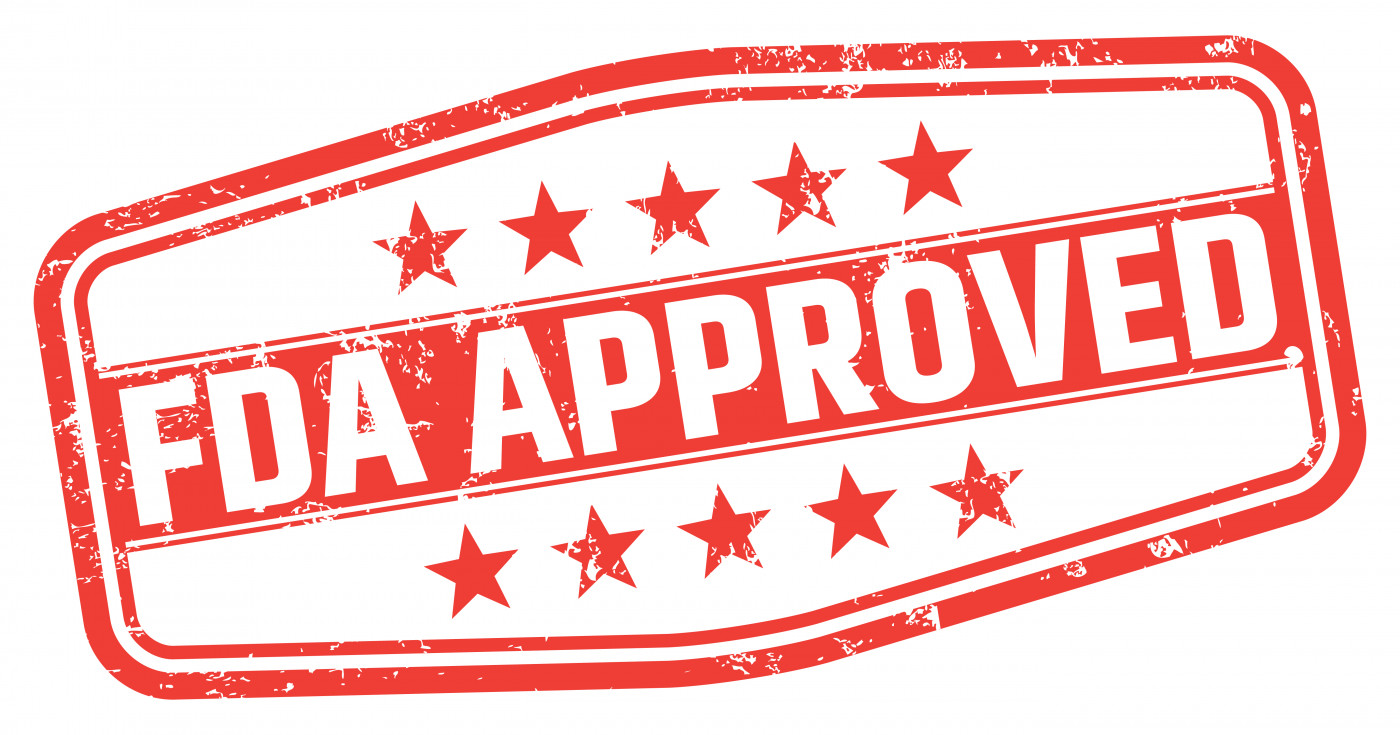PoNS Device to Help Adults in Rehab for Walking Problems Gets FDA Approval

The U.S. Food and Drug Administration (FDA) has authorized the use of a medical device called Portable Neuromodulation Stimulator or PoNS as a short-term treatment for walking difficulties in people with multiple sclerosis (MS).
PoNS, developed by Helius Medical Technologies, is a non-invasive medical device that, when placed on the tongue, delivers mild electrical signals to the brain via two major cranial nerves.
The mouthpiece is connected, via a cord, to a controller that is worn around the neck. By sending these electrical impulses, the device is believed to promote neuroplasticity — the brain’s ability to “rewire itself” in response to new experiences.
“Today’s authorization offers a valuable new aid in physical therapy and increases the value of additional therapies for those who live with MS on a daily basis,” Christopher M. Loftus, MD, acting director of the Office of Neurological and Physical Medicine Devices in the FDA’s Center for Devices and Radiological Health, said in a press release.
PoNs is approved for use with patients ages 22 and older. It has not been tested in younger or pregnant patients, so it is not recommended in these populations.
According to the FDA, the PoNS device should not be used by people with certain other health conditions, including penetrating brain injuries, oral health problems, neurodegenerative diseases, chronic infections, unmanaged high blood pressure or diabetes, pacemakers, or a history of seizures. It also should not be used in individuals sensitive to certain metals (specifically nickel, gold, or copper).
Since the device delivers electrical stimulation directly to the tongue, it should not be used if there are open wounds or tumors in the mouth.
Helius requested FDA approval of the PoNS device last year, and responded to a request for additional information earlier this year. The device was approved in Canada last year to help treat walking difficulties — also in conjunction with physical therapy — in people with MS or traumatic brain injuries.
The FDA’s decision was based on findings from two clinical trial trials. In one (NCT04498039), sponsored by the University of Wisconsin at Madison, 20 people with MS-related walking problems undertook a standard exercise program, during which they were treated with either the PoNS device or a sham device providing no electrical stimulation.
Results showed that the PoNS group experienced a statistically and clinically significant improvement in Dynamic Gait Index (DGI), by an average of 7.95 points after 14 weeks of its use. No such improvements were seen in the sham group. (DGI assesses walking ability; specifically, the test was designed to assess the likelihood of falling.)
The other trial (NCT04496531), sponsored by Helius, followed a similar design: 14 adult patients were treated with either the PoNS device or a sham device, while receiving intensive physical and cognitive training.
Results showed that the PoNS device group experienced statistically significant improvements in sensory organization task — a measure of balance — after 14 weeks. Analyses of DGI scores showed no significant results after 14 weeks.
No serious adverse events were reported in either trial.
FDA approval also was supported by real-world data provided by Helius, which was generally consistent with safety findings in the clinical trials. Again, no serious adverse events were reported.
PoNS was approved through the FDA’s de novo pathway, meaning the agency found that no similar devices are legally marketed in the U.S., and that the data provided support its safety and effectiveness.
Of note, this action creates a new regulatory classification. Future devices of the same type can go through a pathway called a 501 (k) premarketing process, and be cleared for use after demonstrating substantial equivalence in safety and effectiveness to the PoNS device.
The FDA designated PoNS a breakthrough device last year. The device is currently under review by Australia’s Therapeutic Goods Administration.






